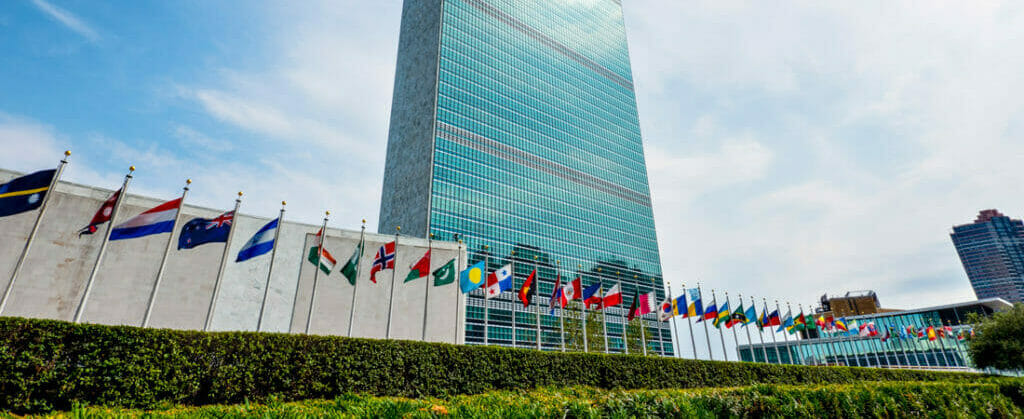Maintaining international peace and security is one of the purposes of the United Nations enshrined in its Charter. Guided by this purpose, the peoples of the United Nations are determined to settle disputes through pacific means as stated in Chapter Six of the Charter. Additionally, when threats and breaches of peace occur, Member States may carry out collective security measures under Chapter Seven of the Charter. While these provisions seem comprehensive, the Security Council often fails to adopt or authorize these measures, particularly during the Cold War. Witnessing this phenomenon, the United Nations and its Member States developed peacekeeping operations to compensate for the ineffectiveness of collective security measures. Peacekeeping operations are deemed alternatives for balancing peaceful settlement of disputes and collective security measures. They significantly contribute to preventing armed conflicts and fostering negotiation and were thus awarded the Nobel Peace Prize in 1988.
A notable success is the United Nations Transitional Authority in Cambodia (UNTAC). After decades of civil war, the Cambodian government requested the UN’s assistance in the political and peaceful settlement of the Cambodian conflict. UNTAC helped the Cambodian government monitor the ceasefire, rebuild state capacity, safeguard human rights, and run elections. In terms of its mandate, goals, and resources, UNTAC is generally regarded as a success. However, not all peacekeeping operations end successfully. The United Nations Operation in Somalia II (UNOSOM II) was established in response to the deteriorating situation in Somalia. Compared with the United Nations Operation in Somalia I (UNOSOM I), UNOSOM II was larger in scale and emphasized peace enforcement. Despite the enlarged and strengthened efforts, the operation did not end well, and the UN eventually decided to remove peace enforcement from the mandate of UNOSOM II.
Determining whether a peacekeeping operation is successful is somewhat complicated. For instance, some peacekeeping operations may seem successful initially as their original mandate is fulfilled, but they may turn out to be only partial successes if conflict reoccurs and long-term stability is not achieved. Factors leading to failure include fundamental changes in the local or regional political environment and weak or inactive institutional efforts. Additional obstacles have also been identified in recent decades. These challenges include a lack of funding, cultural differences between peacekeepers and the local community, delayed actions in response to violence, and accountability issues in peacekeeping operations. To address and tackle these challenges, peacekeeping operations have undergone essential transformations throughout the years, though some challenges remain.
One of the most noted transformations is that peacekeeping operations have gradually extended from traditional peacekeeping to post-conflict peacebuilding. Traditional peacekeeping generally refers to monitoring ceasefires and controlling buffer zones to separate conflicting parties and foster lasting peace. In contrast, peacebuilding involves measures used to build or strengthen state capacity, aiming to serve as a foundation for sustainable peace. These measures address not only the immediate tension but also the fundamental structure and composition of society that may affect the functioning of the state, thus taking more time.
Besides the extended scope of peacekeeping operations, in 2018, UN Secretary-General António Guterres launched the Action for Peacekeeping (A4P) initiative, aiming to address both longstanding and new challenges to peacekeeping. The initiative addressed eight thematic areas with 45 commitments. These thematic areas include political solutions to conflicts, strengthening protection provided, and enhancing the influence of peacekeeping on sustaining peace.
Being more flexible compared to Charter-mandated collective security measures, peacekeeping operations undoubtedly play an indispensable and crucial role in maintaining international peace and security. Partnerships and cooperation at all levels are required to strengthen peacekeeping operations.


